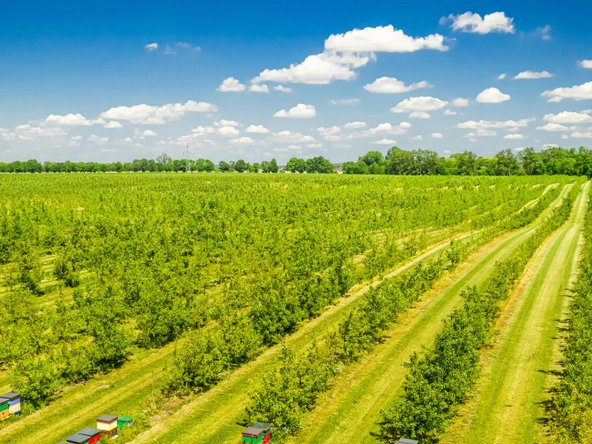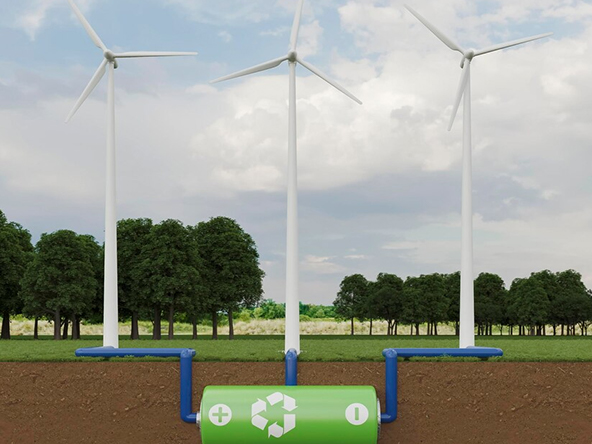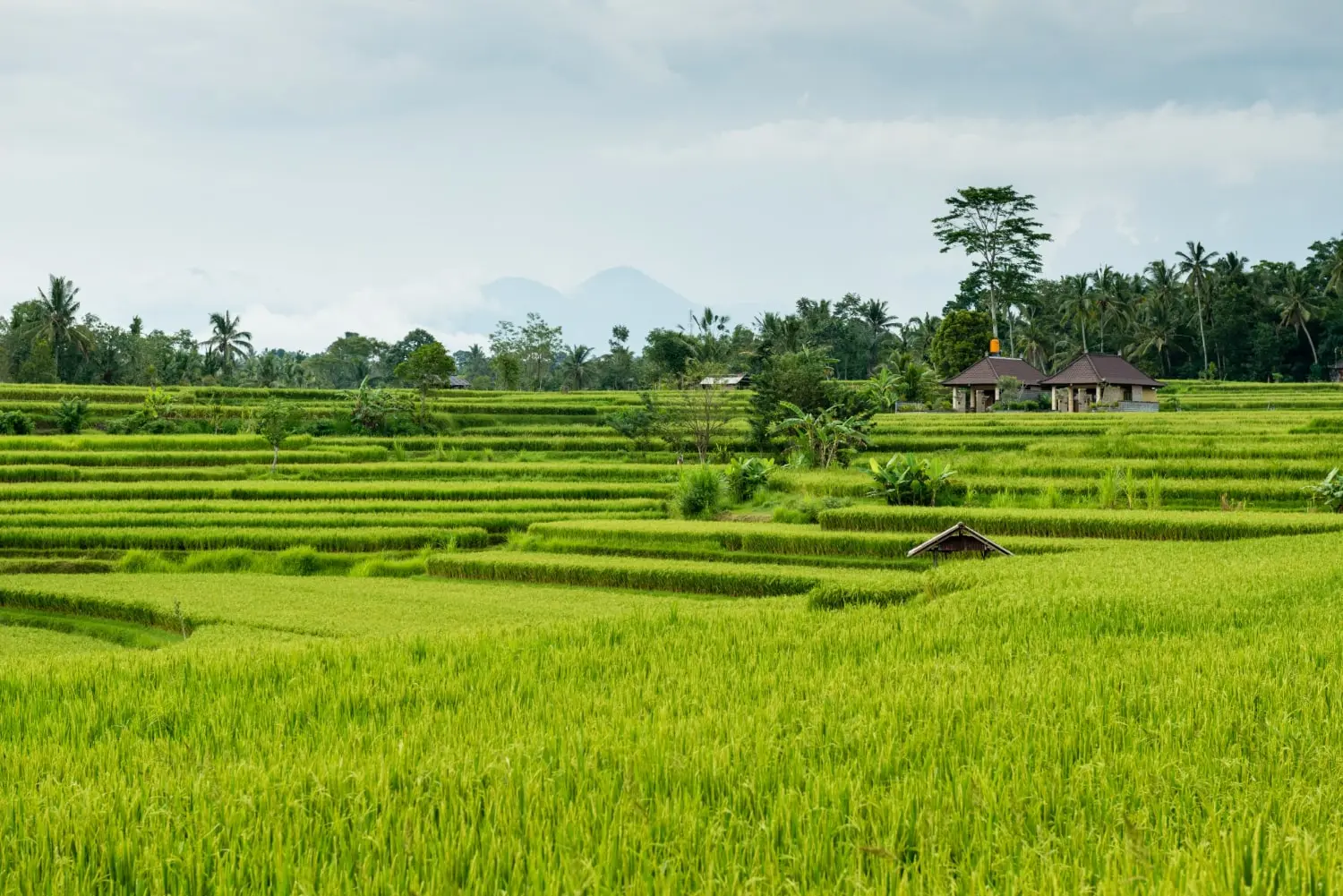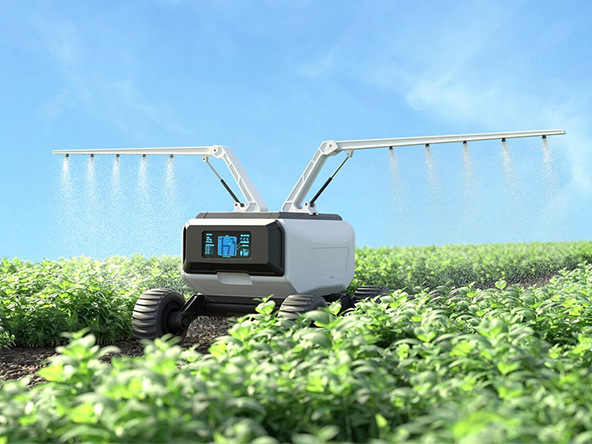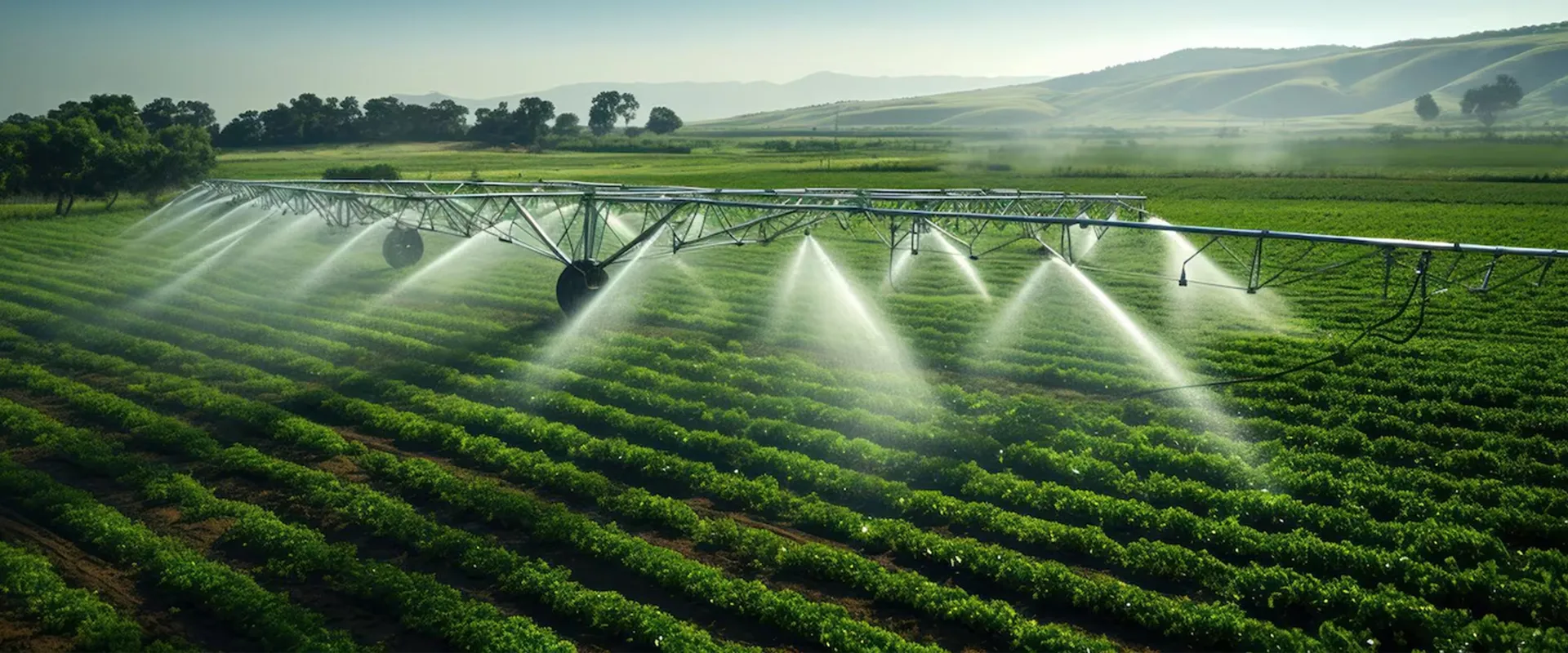Sustainability
Sustainable agriculture
To protect the environment and future generations, sustainable agriculture demands a limited use of non-renewable resources. The strategy promotes converting to renewable energy sources, minimizing land use, and getting rid of pollution in the environment.
Farmers seek effective management solutions, and data for the most precise and trustworthy analytics is provided by remote sensing technologies in sustainable agriculture.
Benefits of sustainable agriculture
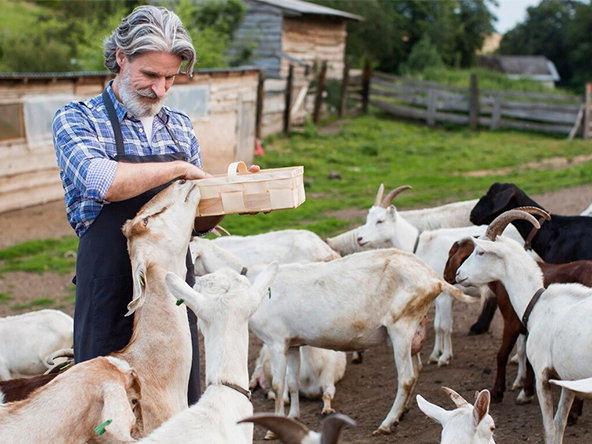
livestock management

Lowers expenses
Choosing GrowAgros for best practices in sustainable agriculture

Dedicated to Environmental Management
At GrowAgros, environmental sustainability is highly valued. Their methods are intended to reduce the agricultural industry's environmental impact.

Promotes biodiversity
Sustainable agriculture is built on biodiversity, and GrowAgros supports methods that increase the variety of plants, animals, and beneficial creatures.

Economic viability
Economic sustainability is a prerequisite for sustainable agriculture. GrowAgros offers farmers assistance to guarantee that their operations are not only lucrative but also ecologically sustainable.
Location - Multiple Advantages & Multiplier Growth
- 45 minutes from Airport
- 10 minutes from Railway Station
- On the National Highway
- On the Banks of River
- 140 Kms from TSPA Exit
- 365 Days Water


